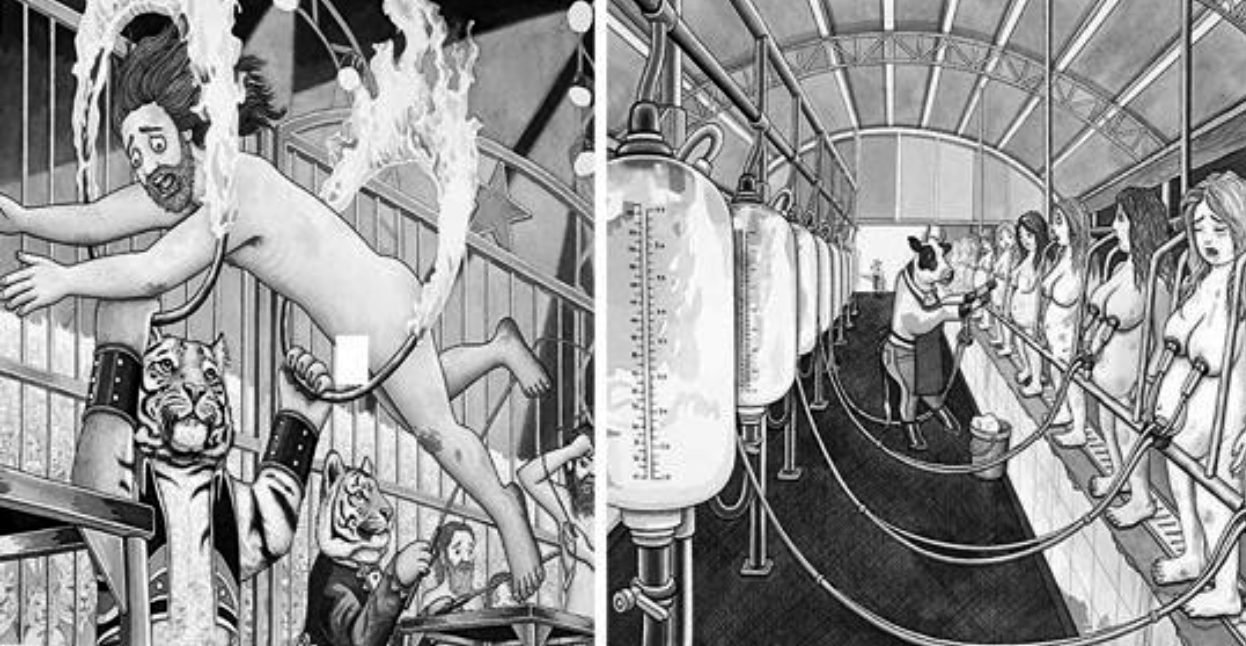
Many artists around the world are quite vocal about their political standpoints and use their art to express these opinions, because that’s the best way they know how to articulate it. And it captures the imaginations of many people around the world too, considering the amount of traction these things usually get. This artist, to promote and bring light to the horrific actions we take towards humans, switched things around.
Taking typical sceneries (and sometimes not so typical sceneries), Barbara Daniels created these works where instead of humans being the domineering species, they were domineered by others. In her own words, she said;
Imagine modern society with the roles of humans and animals reversed. What would it look like? How would it feel to be dominated by another species? My artwork strives to answer these questions, drawing inspiration from real world situations and events.
Source: Facebook || Instagram || Barbara Daniels
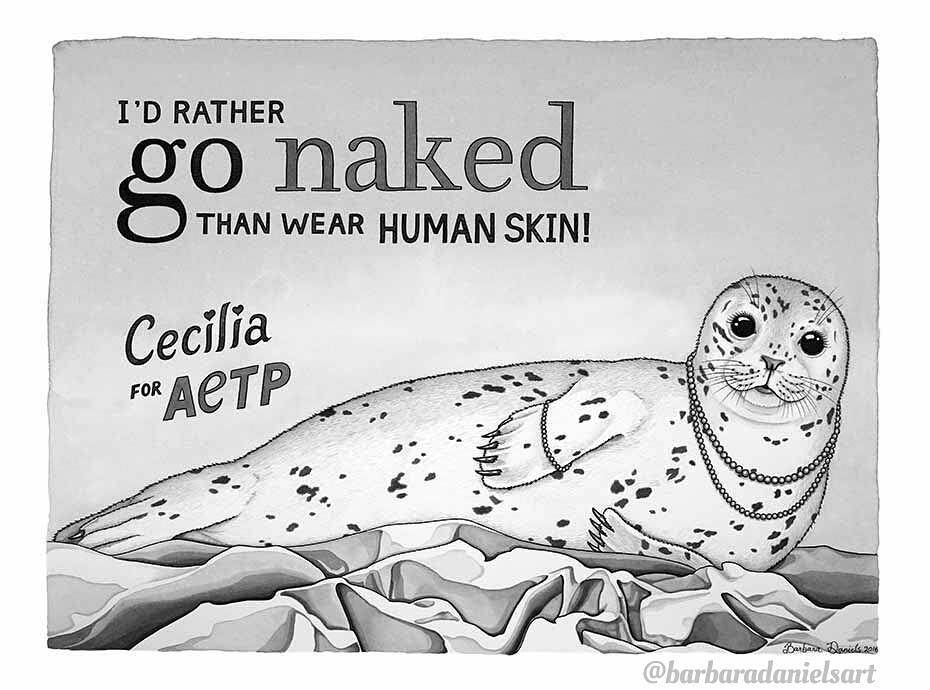
Vulture asked an important question, is political art the only relevant art now?
The protests started almost immediately after the presidential election. An artist named Annette Lemieux emailed the Whitney Museum and asked that her installation Left Right Left Right series of life-size photographs of raised fists turned into protest signs — be turned upside down. The artist Jonathan Horowitz and some friends started an Instagram feed called dear_ivanka, attempting to directly appeal to the soon-to-be First Daughter and shame her into pushing her father away from the Bannonite brink. The artist Richard Prince refunded her money for a piece that she bought, then put out a statement that was intended to de-authenticate it.



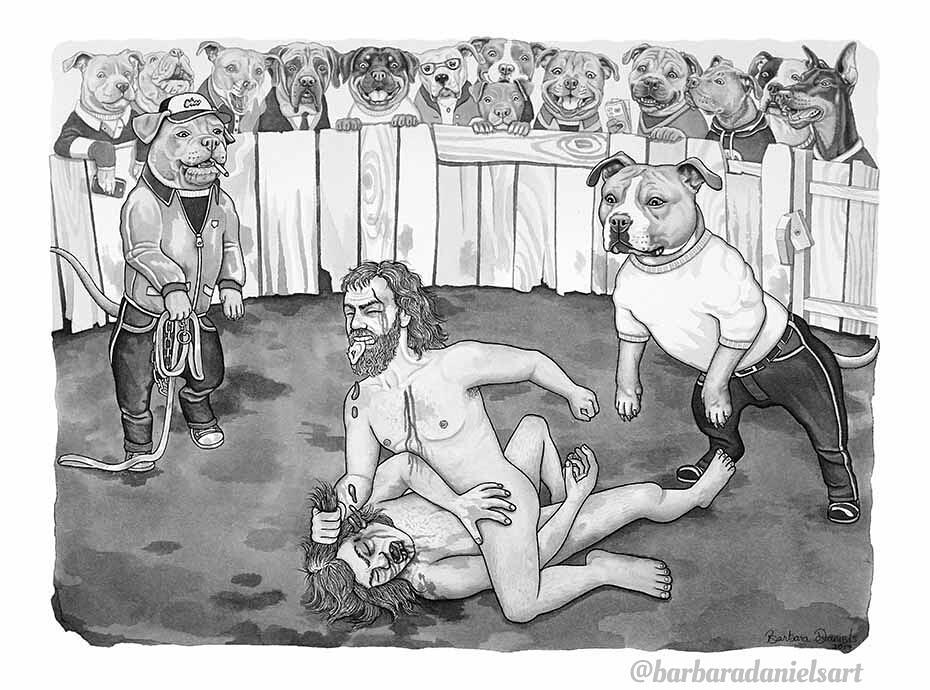
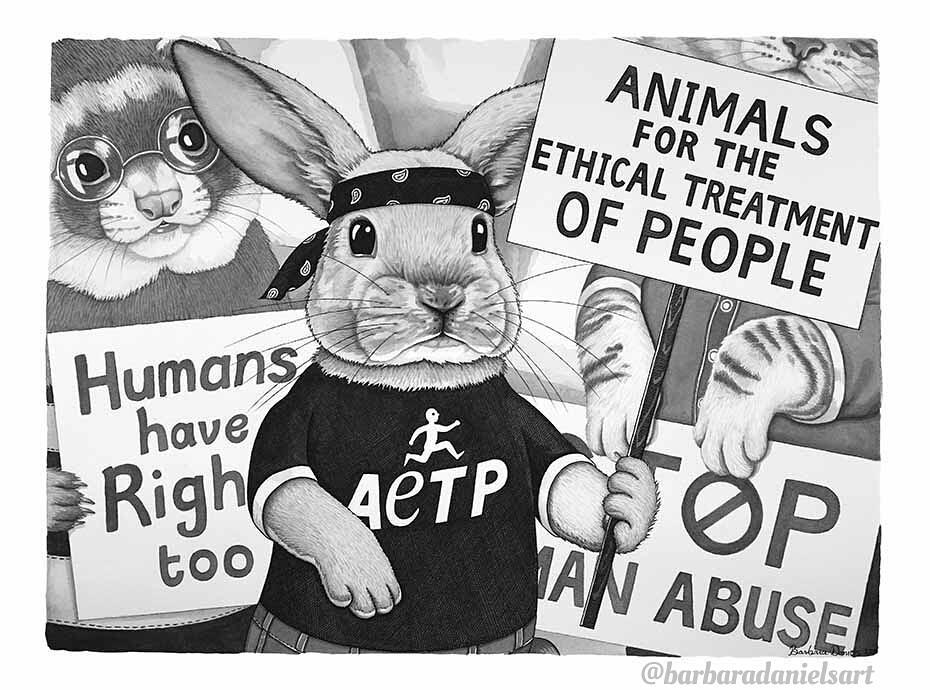

Sam Durant’s light-box sculpture, which read END WHITE SUPREMACY, was hoisted onto the façade of Paula Cooper Gallery in Chelsea (where it first appeared in the remarkably different context of Obama’s election in 2008), and another edition of it was set up by the gallery Blum & Poe to greet visitors at the Miami Beach Convention Center for Art Basel the first weekend of December, where the usual luxury-brand-fueled jet-set bacchanal seemed a bit muted and anxious and Nadya Tolokonnikova, founder of Pussy Riot, delivered a lecture by the pool at the Nautilus hotel on the dangers of authoritarianism
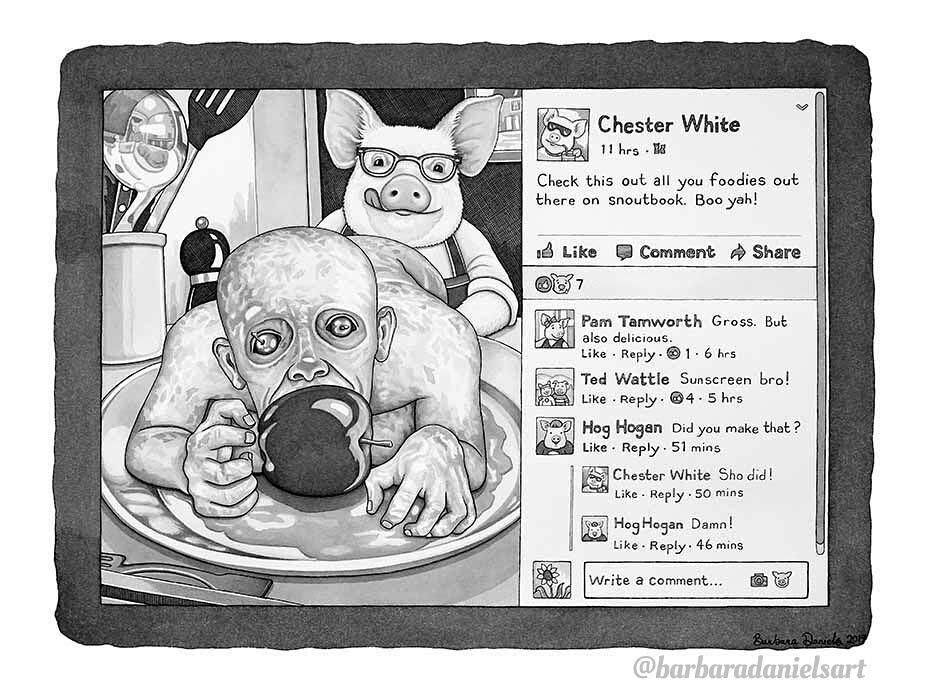

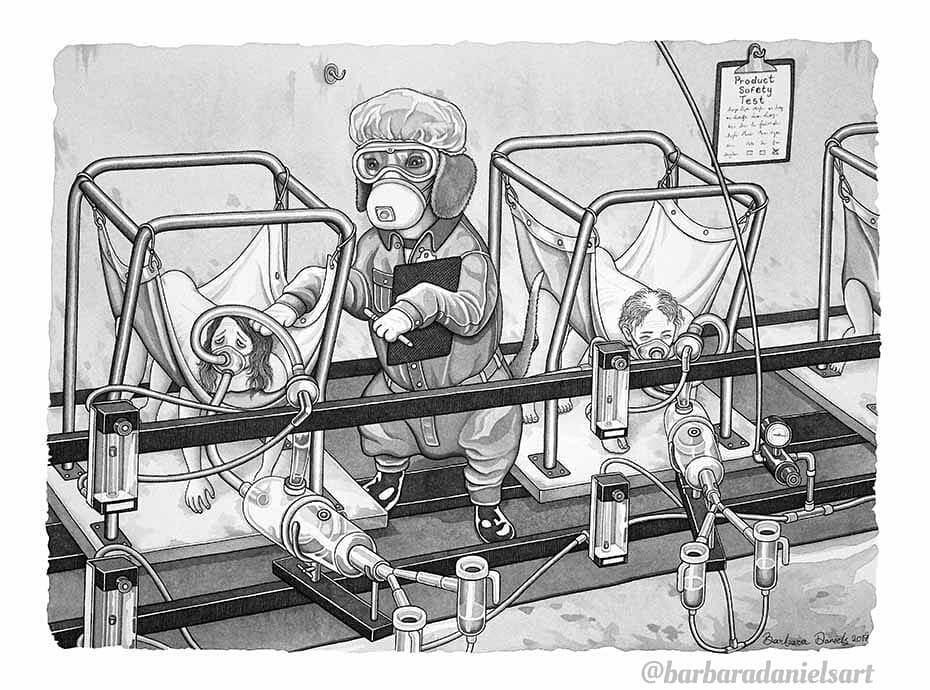
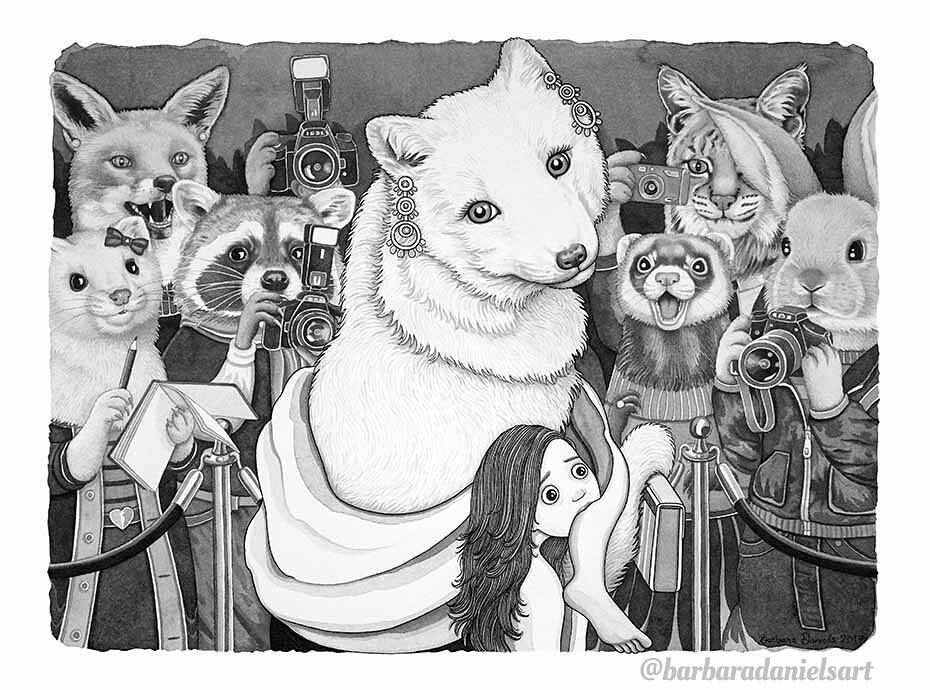


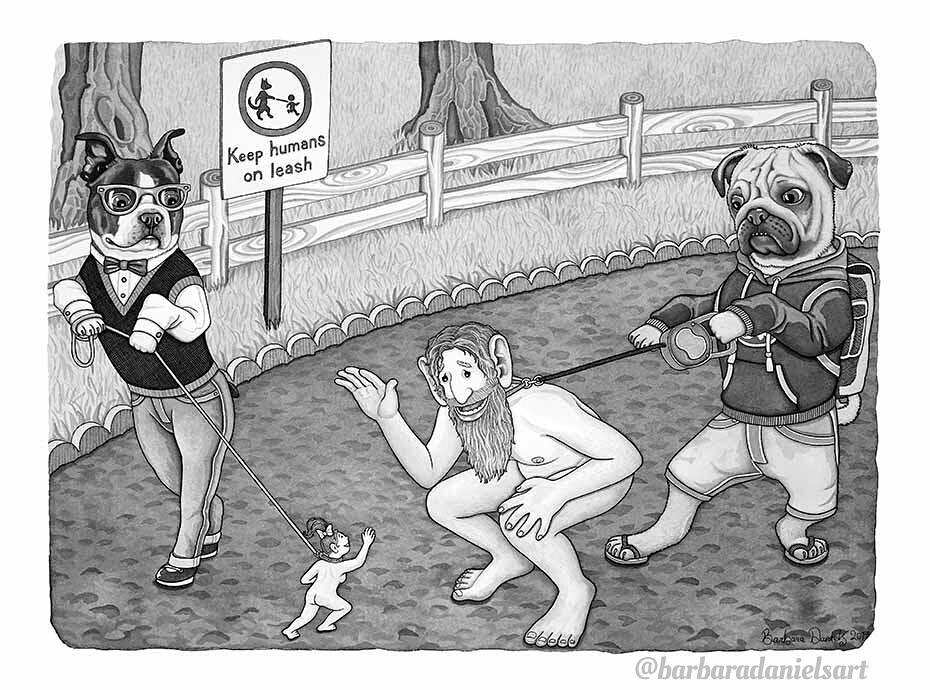

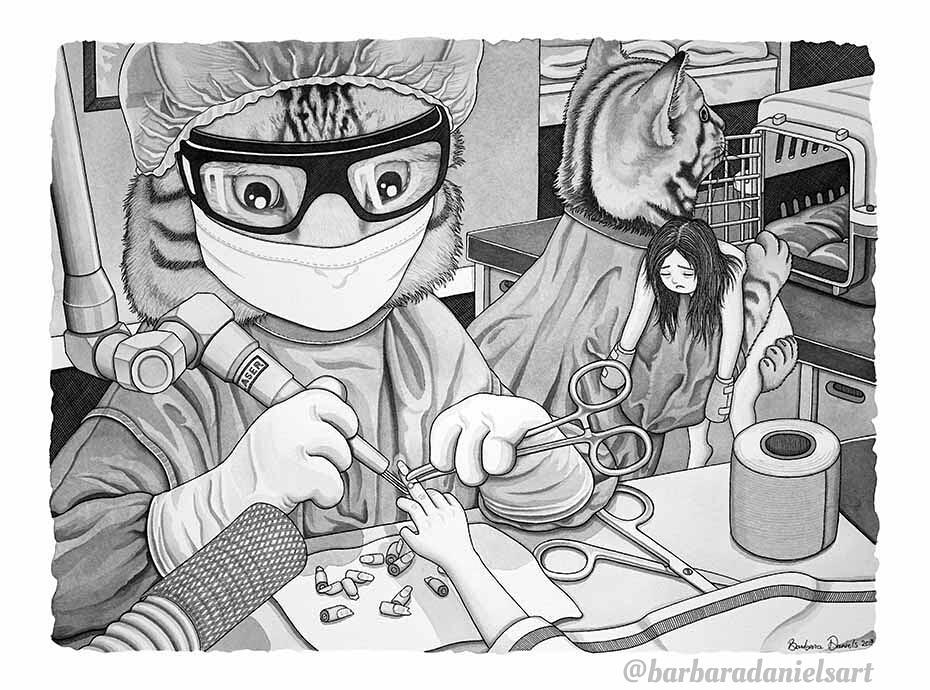
As the inauguration approached, the art world’s desire to make a statement increased. Many museums across the country went free on January 20, which was seen as a more productive response than shutting down, as a movement called J20 Art Strike called for, and the Whitney did a day of programs in partnership with the group Occupy Museums. The Guggenheim planted a Yoko Ono Wish Tree on the sidewalk out front, letting passersby record their hopes — perhaps that peace and tolerance might prevail. A collective of artists started a platform called 2 Hours a Week, which connects people with political actions they can take while still holding down their jobs. Gallerist Carol Greene teamed up with artist Rachel Harrison to rent buses to bring a group to the Women’s March, armed with social-media-friendly signage.
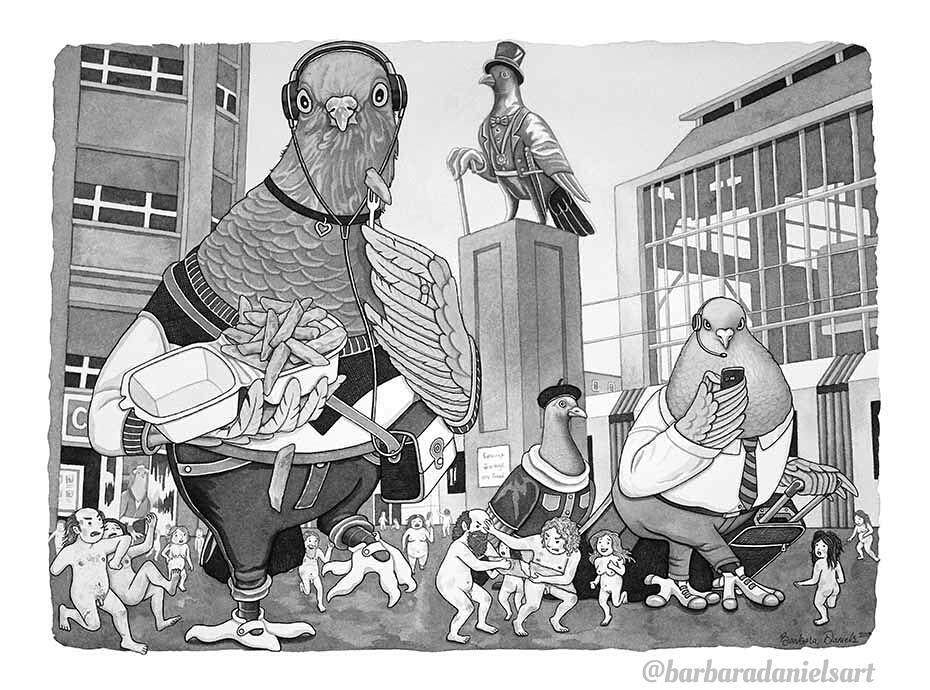




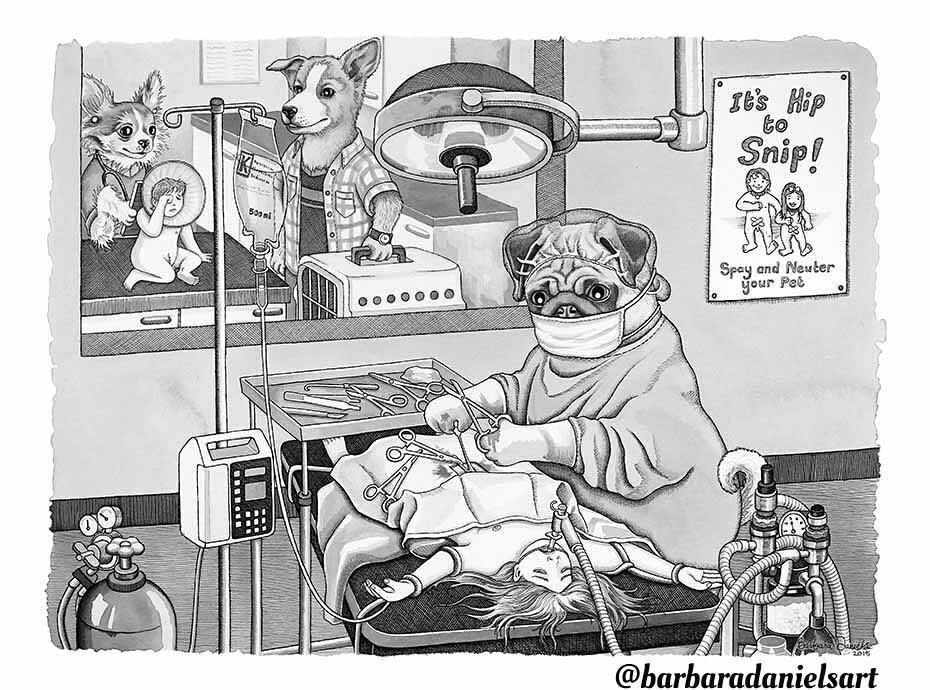

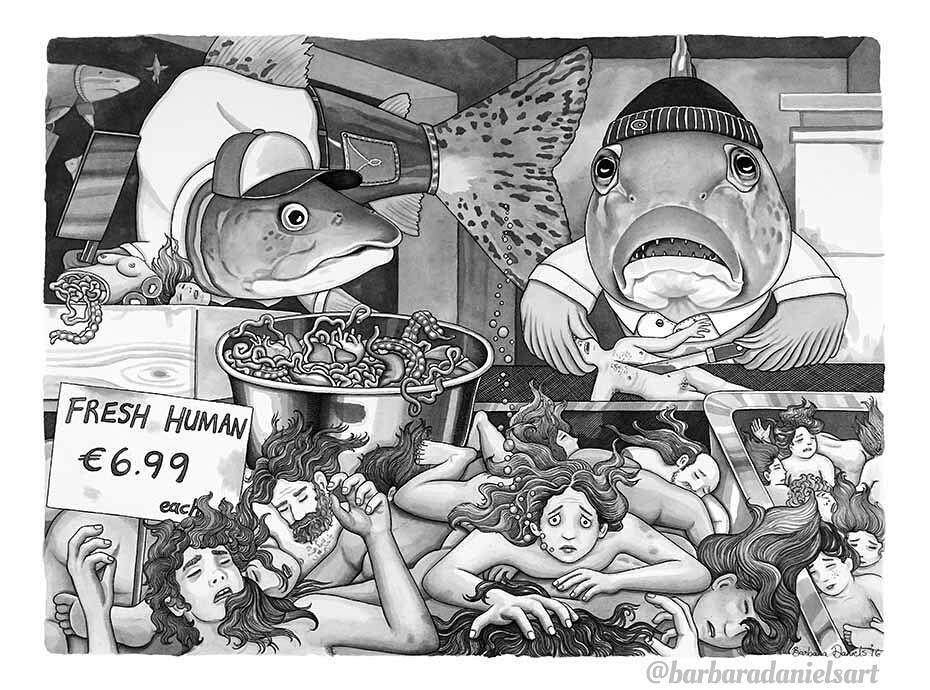
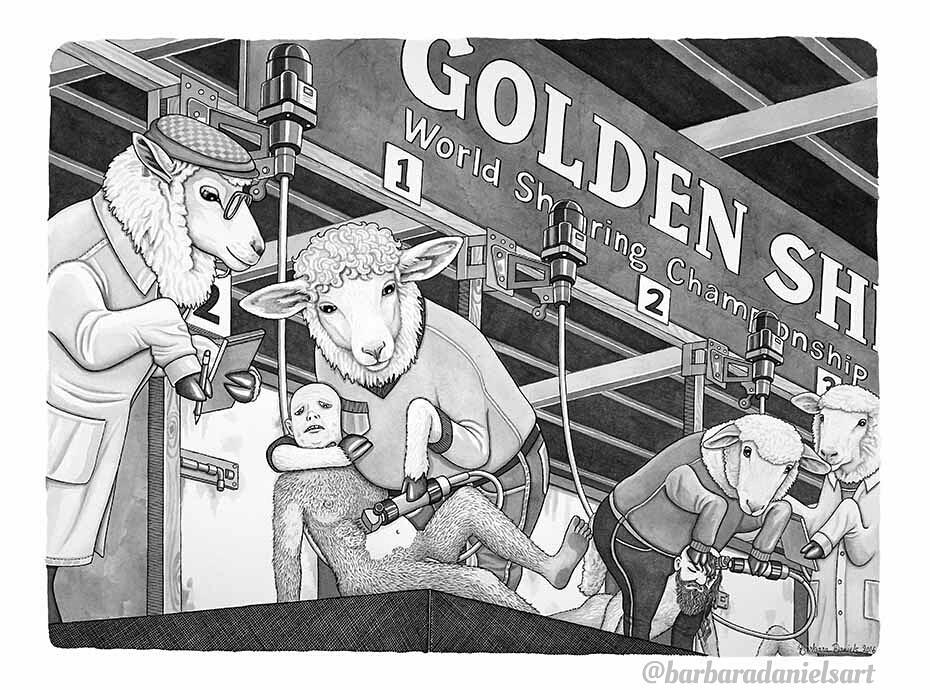
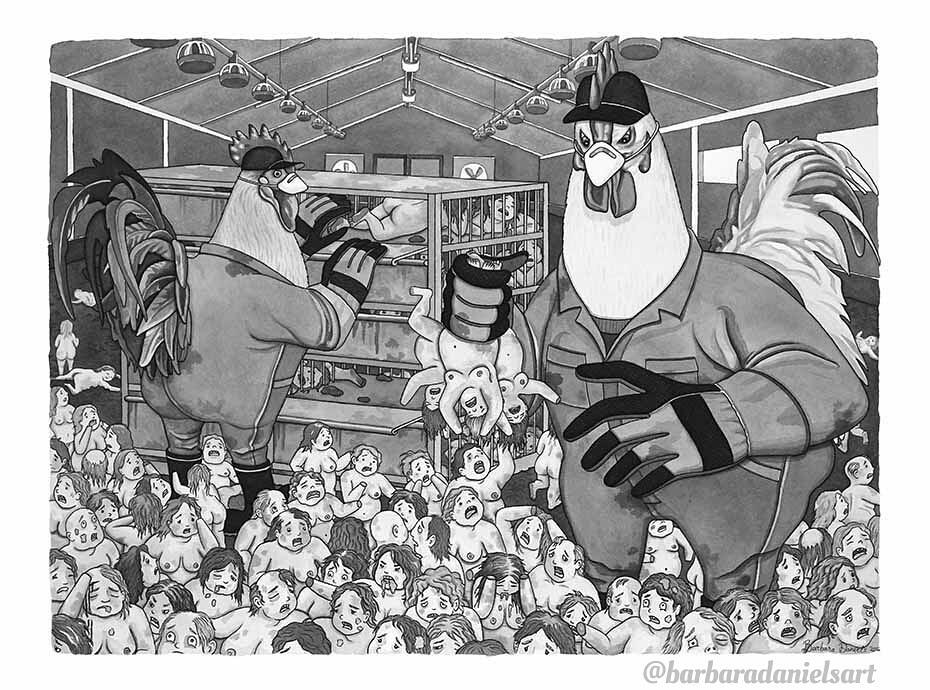
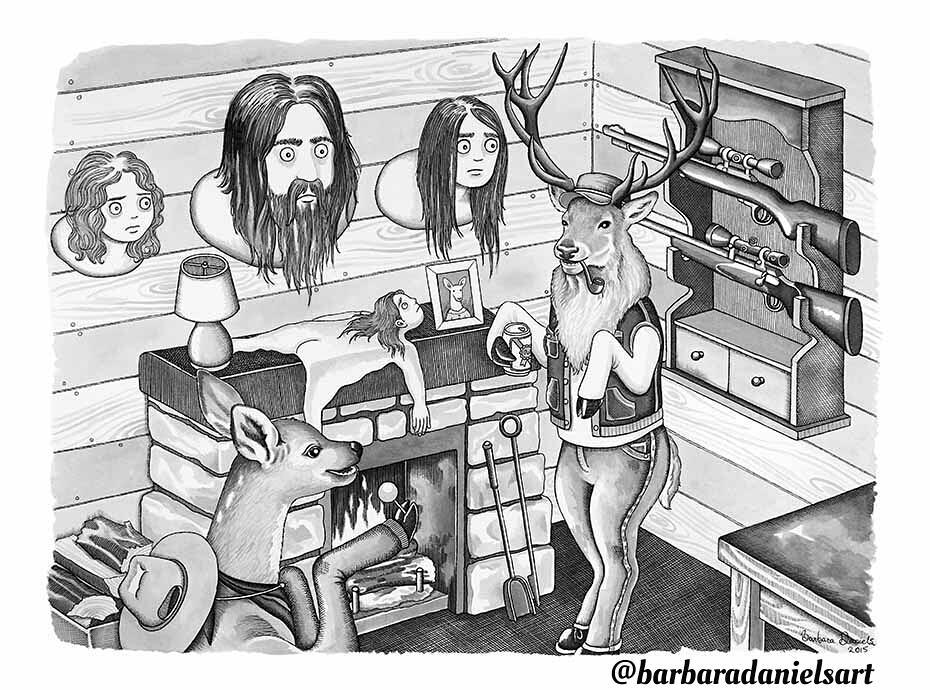
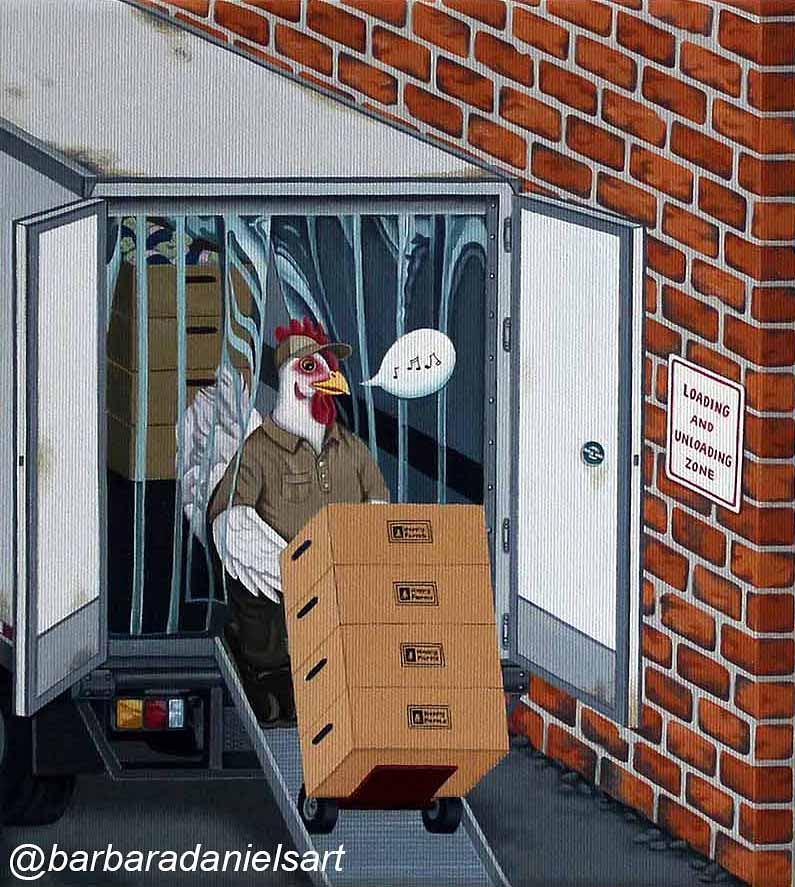
And it hasn’t let up. Each Trump proclamation has seemed to inspire a new round of agitation and action. When the president announced the first iteration of his ban on immigration from seven Muslim-majority countries, Davis Museum at Wellesley College covered or removed about 120 works that had been either made or donated by an immigrant. The Museum of Modern Art hung work from its collection by artists who come from three of the excluded nations.

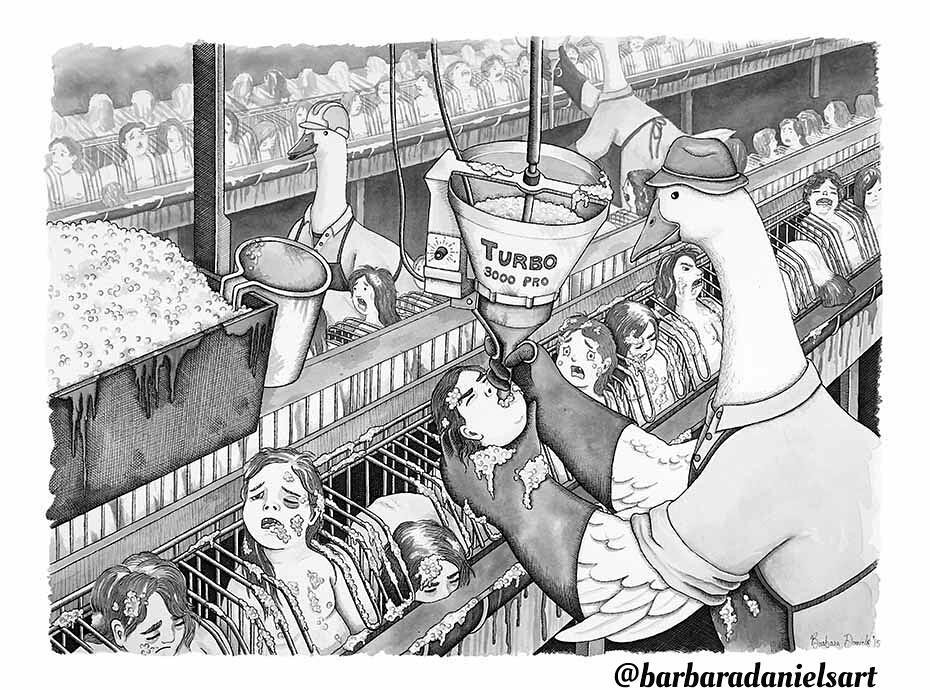
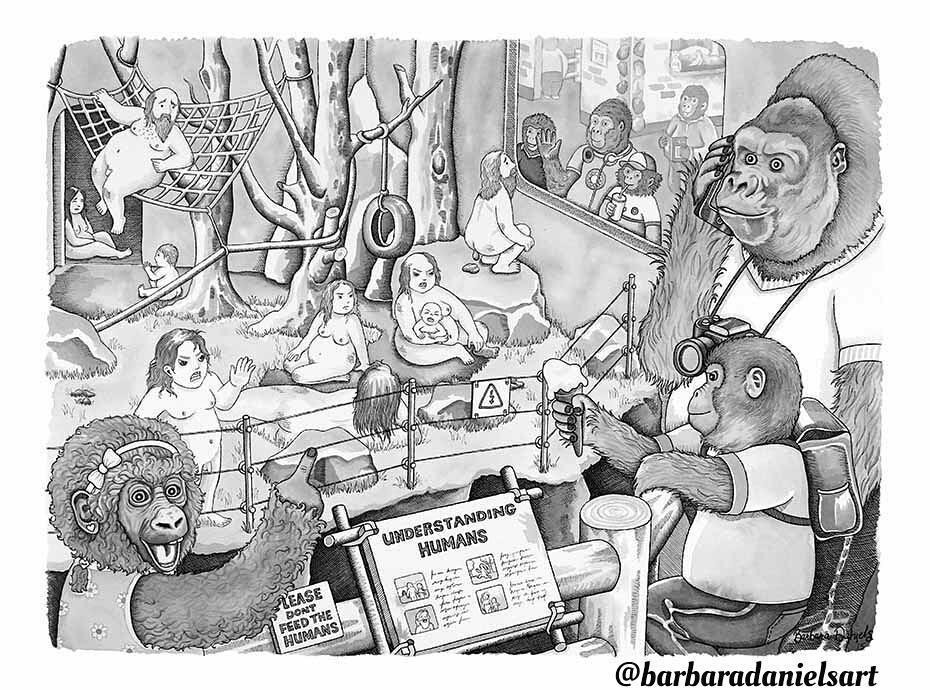
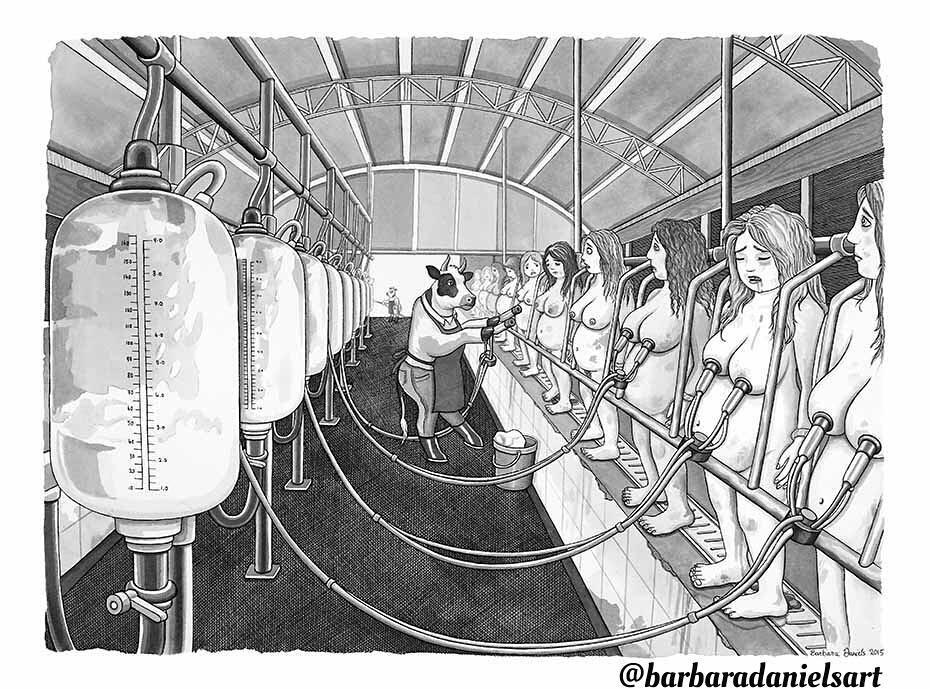
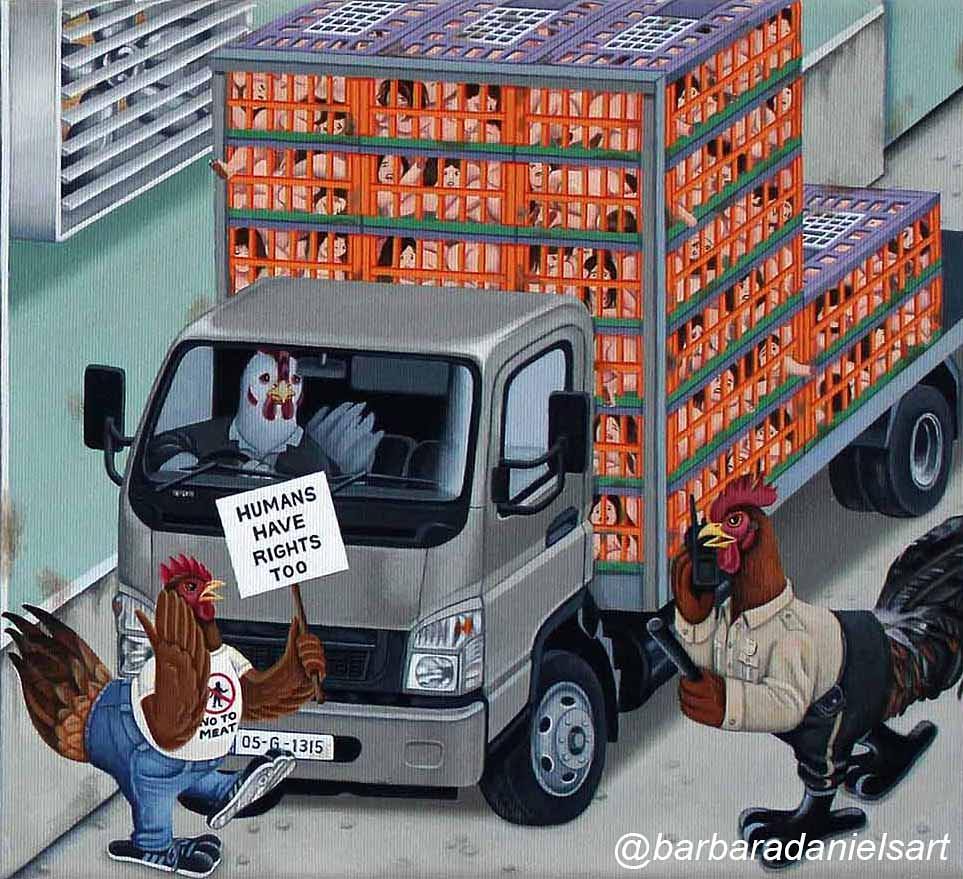
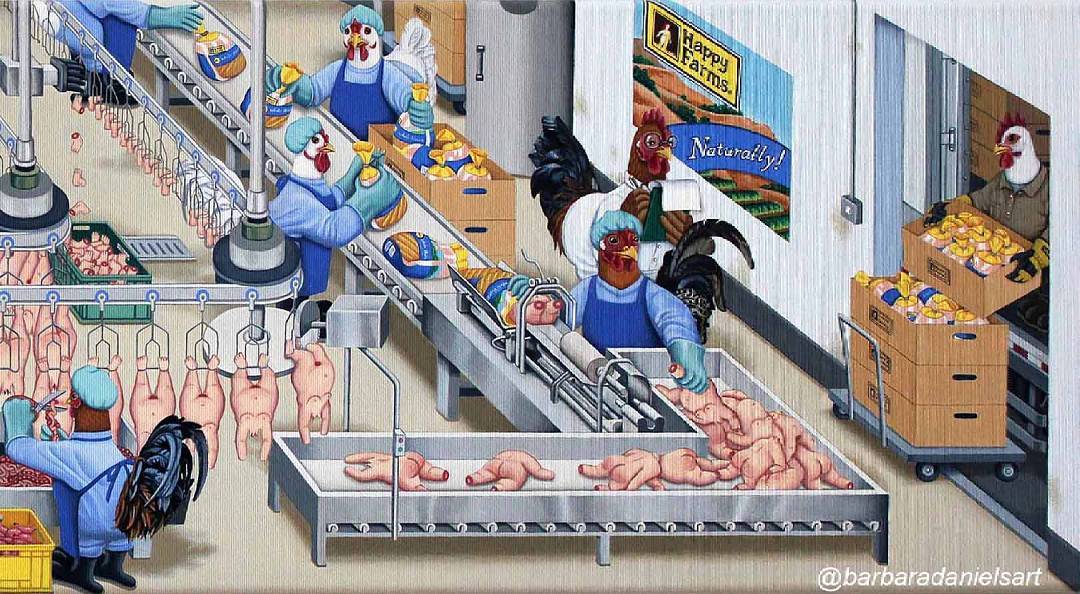
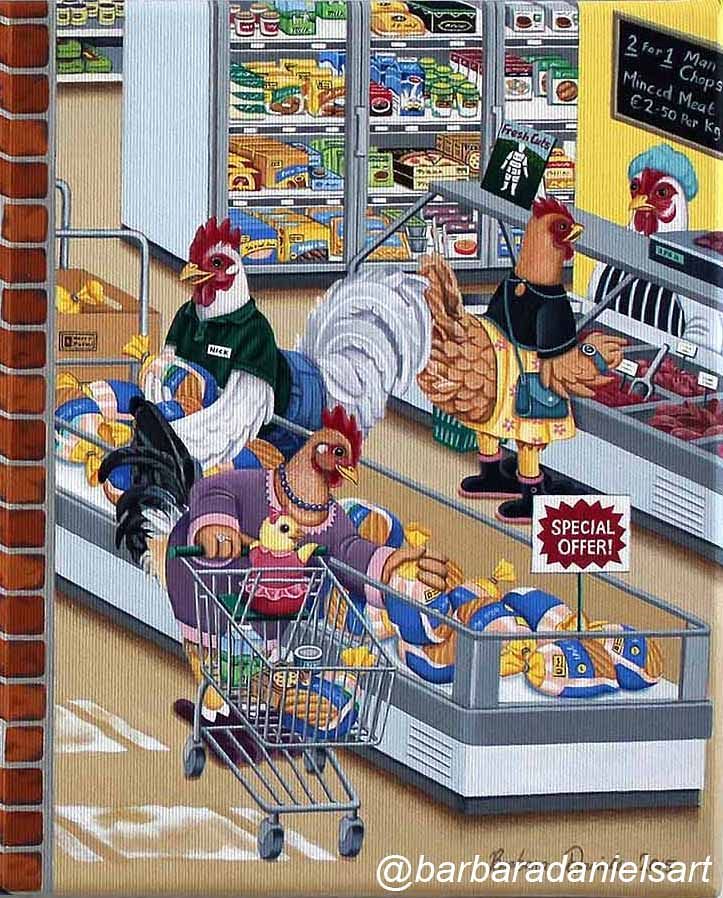

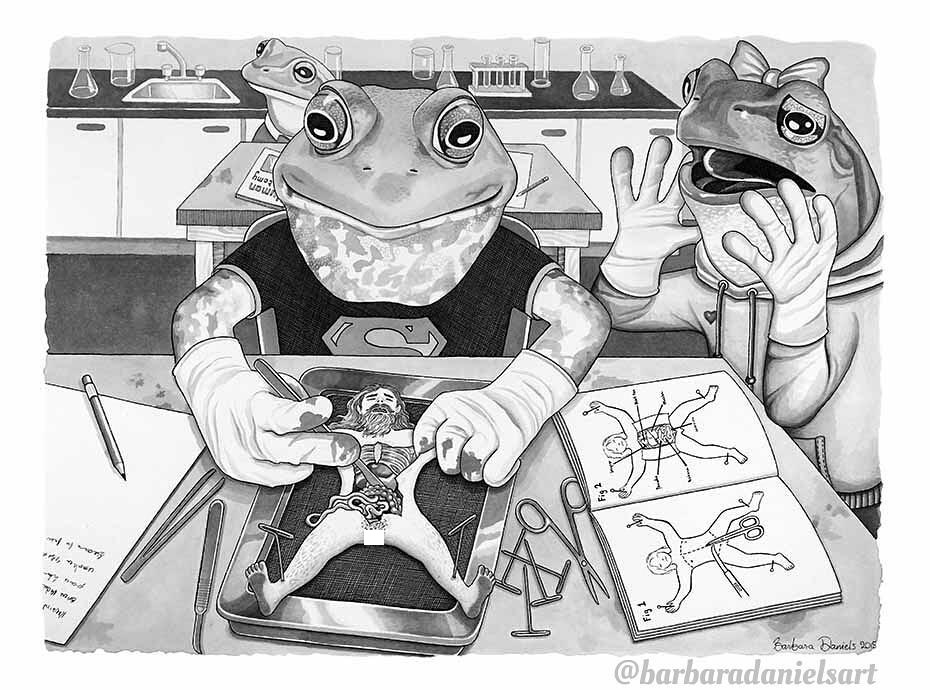

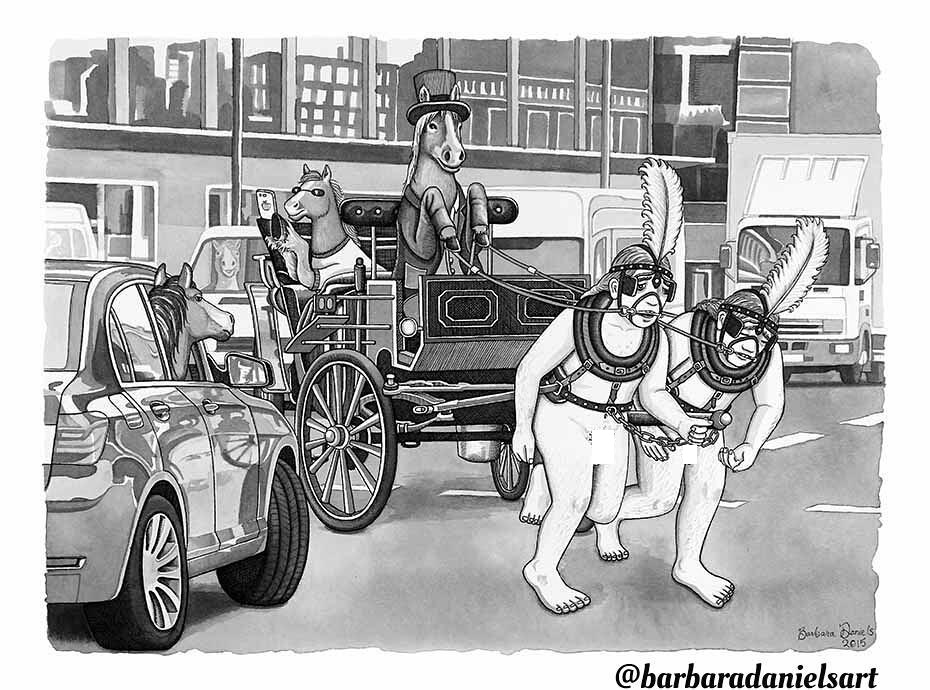
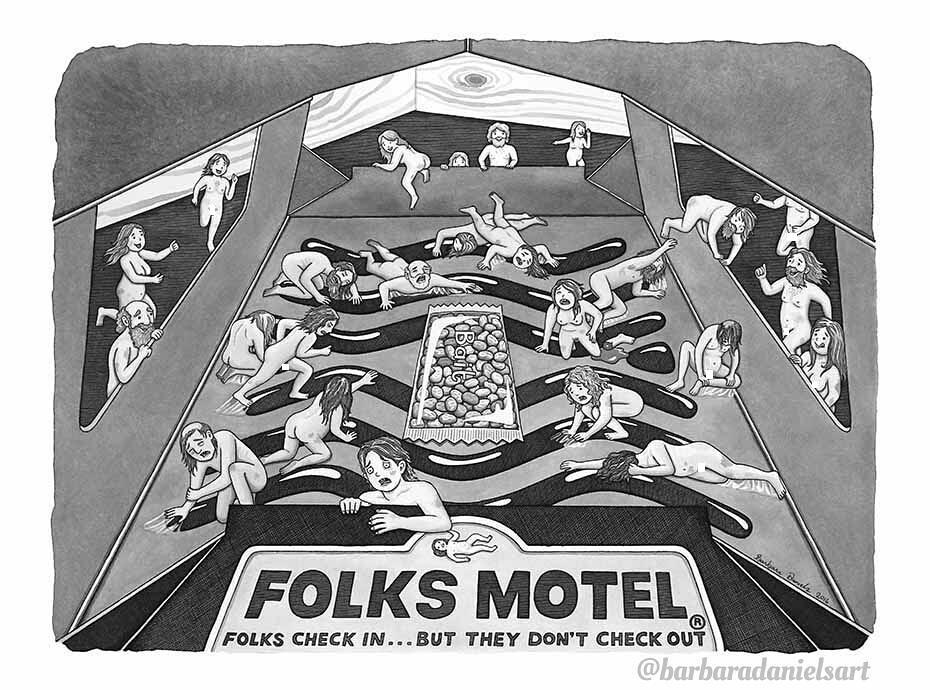

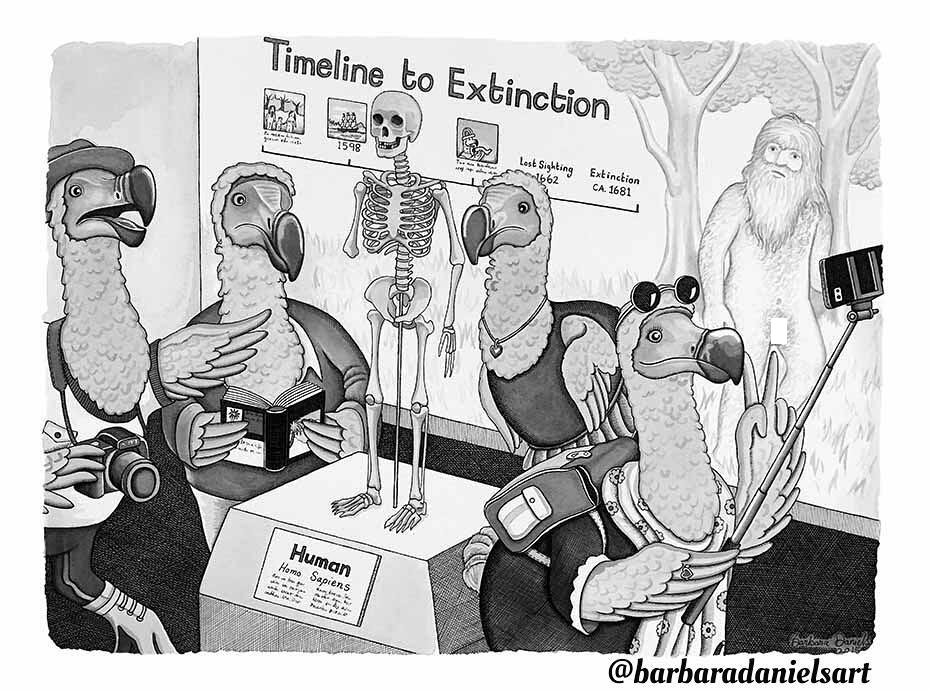
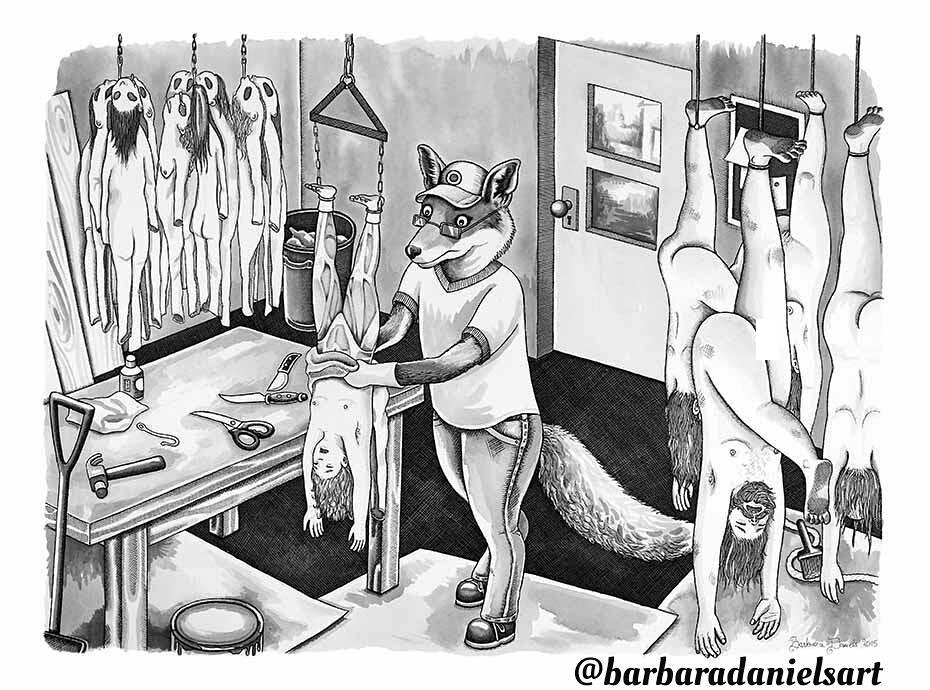
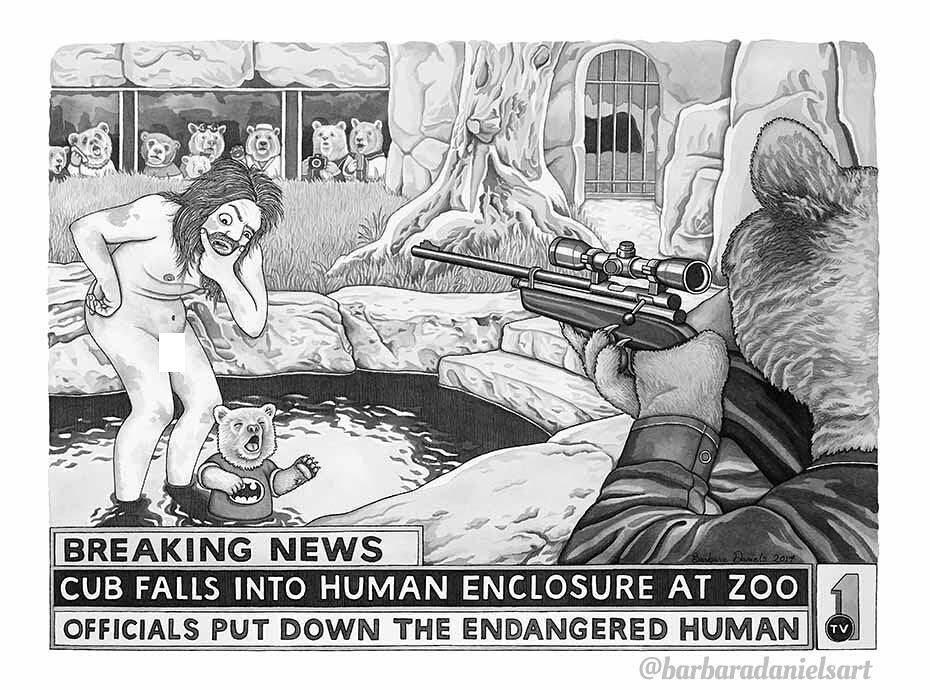


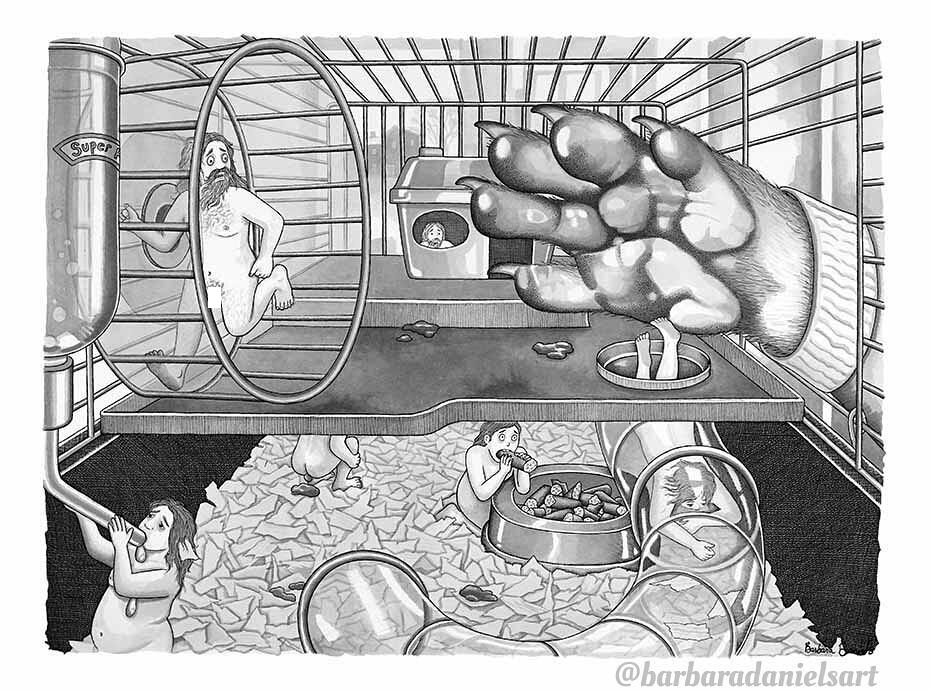
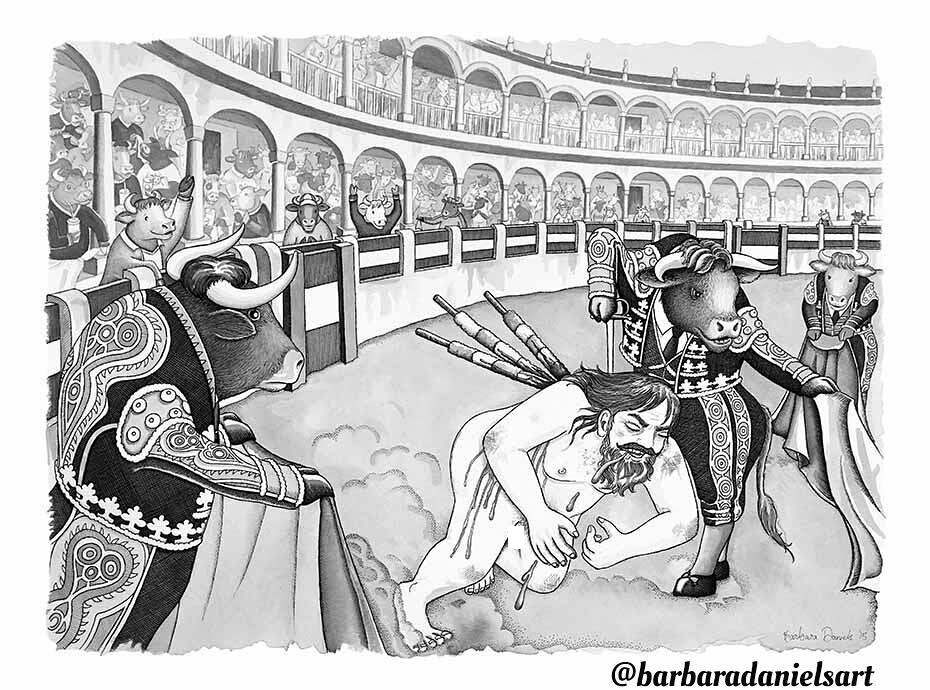
What about you? What did you think about this? Is political art worth more than this? Tell us down in the comments!